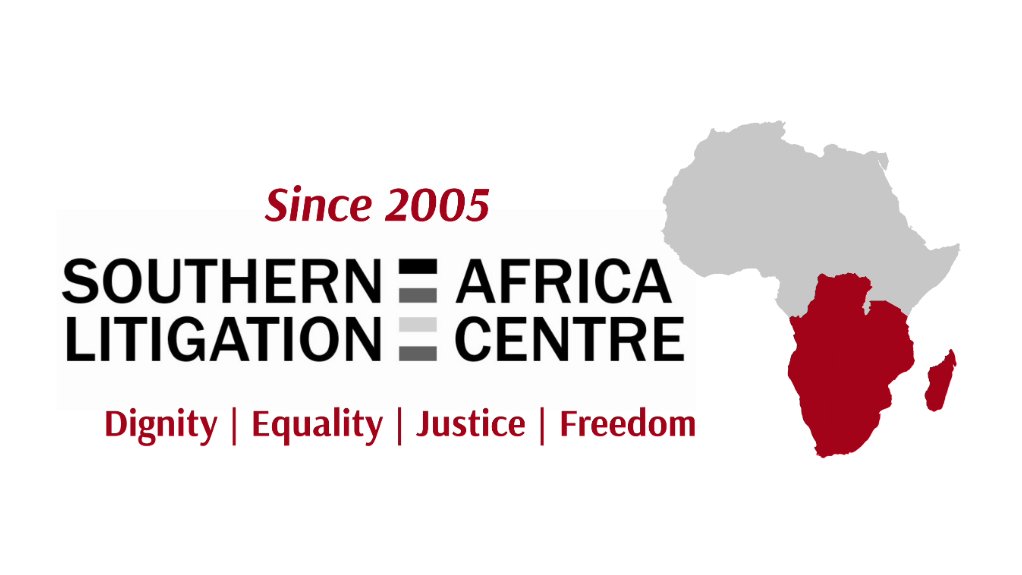In South Africa, police abuse is not an isolated incident — it is our daily reality. For many communities, especially the poor and marginalised, the very people who are supposed to protect us are the ones we fear the most.
One woman, who asked to remain anonymous, shared her harrowing experience: “I was brutally beaten by the police while nine months pregnant.” This trauma occurred solely because the police believed she knew where her accused partner was hiding. Her story is not rare; it is echoed by countless others who have suffered in silence, intimidated, beaten, harassed, or ignored by those wearing the uniform of law enforcement.
Another incident involved a young woman who was beaten in her own home by the police simply for asking, “Where is your warrant?” This question led to a traumatic encounter that continues to haunt her. In the township, she still sees her abuser roaming around in a police van and, on occasion, he even approaches her, asking her out on dates. While he may have forgotten that night, she will forever hold the memory of her trauma in her mind.
Police officers often act with impunity, wielding their power not to protect but to control. Rather than standing with communities, they frequently stand above them, distanced, indifferent, and, at times, openly hostile.
When we call for help, too often, no one comes. If they do, it’s hours later. By then, the damage is done. The violence has passed. The trauma has settled. The trust is broken.
We know what happens behind the scenes — the quiet bribes, the abuse swept under the rug, the reports that go missing. We live among the police. They are our neighbours, our family, our childhood friends. We see them in uniform daily and in the same shops, schools, and streets after hours. That’s why we know: the system isn’t broken — it’s working exactly as it was designed.
And still, we find it hard to blame individual officers. Many of them grew up in the same communities they now patrol. They, too, were shaped by a system that taught them to obey power, not question it. Long before they put on the uniform, the culture of violence and corruption was already in place.
This is not new. Police abuse in South Africa has deep historical roots, stretching back to the brutality of Apartheid, when law enforcement was openly used as a tool of racial and political oppression. Today, even in democracy, the residue of that era remains. The faces may have changed, the laws may be different, but the fear feels the same.
Are things really better now? Some would say yes — we are no longer under Apartheid. But for many, it doesn’t feel that way. When you see a police van pulling up, your heart still skips. When you hear sirens, it’s not always a sign of help. Sometimes, it’s a warning.
We talk about these things in whispers—in taverns, churches, and late-night gatherings. We share stories, nod in painful recognition, and move on because we have no choice. What else can we do when the people meant to defend our rights violate them?
This is our lived reality. However, amidst the darkness, we can find strength in unity and a glimmer of hope. We can demand the accountability and reform we desperately need by coming together, supporting one another, and amplifying our voices.
Let us not remain silent in the face of wrong. Reach out to those who can help – community organisations, advocates, and allies dedicated to fighting for our rights. Together, we can turn our horror story into a narrative of resilience and justice, creating a future where every voice is heard and protected. Change is possible if we stand together and work towards a brighter tomorrow.
We are not powerless. Each story shared chips away at the silence that protects abuse, and each act of resistance brings us closer to justice.
It is not enough to survive the violence. We must dismantle the systems that enable it. Let us organise, speak out, and keep demanding justice until those in power are forced to listen.
Written by Makhosemvelo Mthembu, Communications Officer at the Southern Africa Litigation Centre
EMAIL THIS ARTICLE SAVE THIS ARTICLE ARTICLE ENQUIRY
To subscribe email subscriptions@creamermedia.co.za or click here
To advertise email advertising@creamermedia.co.za or click here











